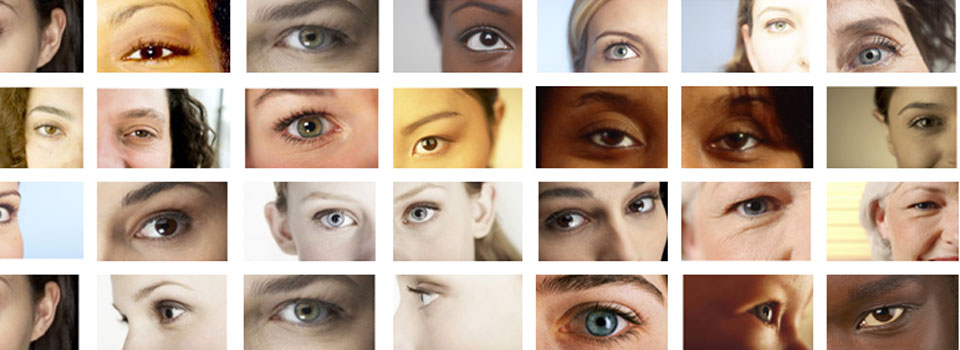The Institute for Women’s Studies at the University of Georgia is known for producing influential and cutting-edge scholarship on women and gender. With 11 core faculty members and 73 affiliate faculty representing more than 30 different disciplines, and 7 colleges across campus, the Institute is a paradigm of relevant interdisciplinary teaching and research at UGA.
Now, in its thirtieth year, IWS will also become a gathering place for research on the issues facing women and girls in Georgia. The inaugural Women and Girls in Georgia Conference will take place October 12-14, 2007 at the Georgia Center for Continuing Education Conference Center and Hotel in Athens, Georgia. Funded by an endowed gift from anonymous donor, IWS plans to make this an annual conference on the status and concerns of women and girls in the state. Each year the conference will focus on a different theme; this year’s theme is violence. The Willson Center for Humanities and Arts is also a sponsor of the conference.
“The focus of women’s studies has always been on teaching and research that are relevant to our present realities, and women’s studies always prioritizes practical connections and community connections,” says Chris Cuomo, director of the Institute, who sees the gathering as central to the Institute’s mission. “As the women’s studies research center at the state’s flagship institution, we have an important role to play in stimulating questions about the well-being of the women and girls of Georgia, generating influential research, and bringing that research to the attention of policy makers and activists across the state.”
Why a conference on violence? Gender-related, misogynist, and domestic violence are still incredibly widespread, and violence is far too prevalent in the lives of many Georgians. Domestic violence is the leading cause of injury in Georgia for women and girls ages 15-44. In Georgia, one out of every six females aged 15-44 has been sexually assaulted. In 2005, 127 victims of domestic violence in the state were killed by their abusers, and 3,448 women were arrested for a violent crime. Clearly the realities for women, girls, and all who live in Georgia call for serious scholarly and political attention to these difficult and persistent issues.
At this year’s conference, UGA faculty and students will have an opportunity to gather with influential scholars and anti-violence experts from across the state. For example, on Friday, Deborah Richardson, CEO of the Atlanta Women’s Foundation, will speak as part of a panel on the City of Atlanta’s path-breaking efforts to eliminate child trafficking in Atlanta. On Sunday, Julia Perilla, President of TAPESTRI: the Refugee and Immigrant Coalition Against Domestic Violence and Associate Professor of Psychology at Georgia State University, will present a keynote lecture about the complex ways that violence impacts refugee and immigrant women in Georgia.
